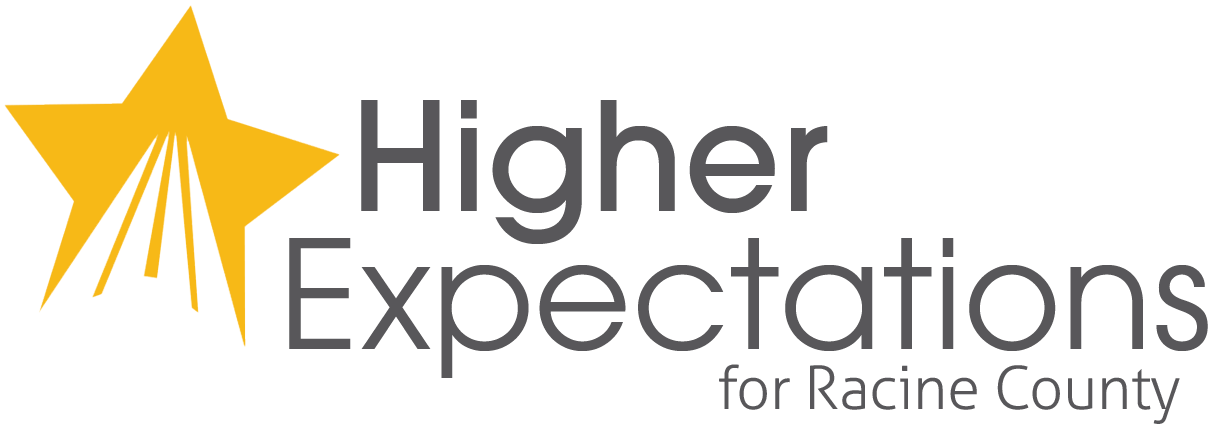Community Engagement: What We've Learned
Over the past 2 years, we’ve been working on increasing the number of community members who have influence over decisions that directly impact them. We know that those closest to the challenges in our systems are often the ones closest to the solution to overcoming those challenges. Our partners, institutions, and organizational leaders, even with the best of intentions, don’t always know the depths of a challenge.
We’ve been working to uplift community voices in decision-making by bringing more community members into our work. But, to be candid, this is hard work and we didn’t step into community engagement with a clear path. Our team has learned a lot of valuable lessons over the past few years - either from doing things that worked, or keeping a growth mindset when things didn’t go as planned.
Here are a few key takeaways from the past two years of community engagement:
Community members should be compensated for their time
Often, contributing via a survey, focus group, or participating on a community committee is seen as volunteer work. We have learned that often those with the time and capacity to volunteer are not the ones facing the challenges that the work seeks to solve. We now have a policy in place to pay any participants who are not contributing to our work as a part of their job.
Building relationships takes time
It is super valuable to take the time to check in on community members before, after, and during meetings or events to see how things are going and if there are ways we can do things differently to support them. Some of our most valuable pivots have been from conversations that wouldn’t have happened if we didn’t take the extra step to reach out.
Create space to do things differently
Often the ways we have traditionally done meetings, events, or communication about our work have been unnamed white cultural norms. As a white-led organization, we didn’t realize that not everyone did things that way until we created space for those we work with to let us know what ways of being work best for them. Learning more about what our unspoken norms were and naming or changing those norms was an important part of taking steps to being a more inclusive organization. Higher Expectations has more flexibility to do things differently, and that has been an asset to our institutional and organizational partners looking to work with us on community engagement initiatives.
Community Engagement doesn’t always look like “Work”
Because building relationships takes time, sometimes community engagement means having a long conversation with someone when you run into them at the store, or going to a community event and spending quality time there. Its not always creating agendas, facilitating meetings, or asking people to complete surveys. A lot of the work of community engagement is done outside of 9-5 and outside of the office. It is important to factor that into someone’s workload and pay them for the time they are spending to build those relationships.
Community Engagement is a part of what we do, not one-time projects.
While one-time projects can help us towards small steps forward, keeping engaged with the community as a core part of what our team does is a key step in deepening our engagement.
We hope to continue to learn and grow as we deepen our engagement with the commmunity. We currently have two Community Power Consultant positions for 2021, Community-Led Data Consultant and a Youth Voice Consultant. To learn more about those positions, click here.
Special thanks to the Racine Community Foundation for their continued support of our Community Engagement work!
